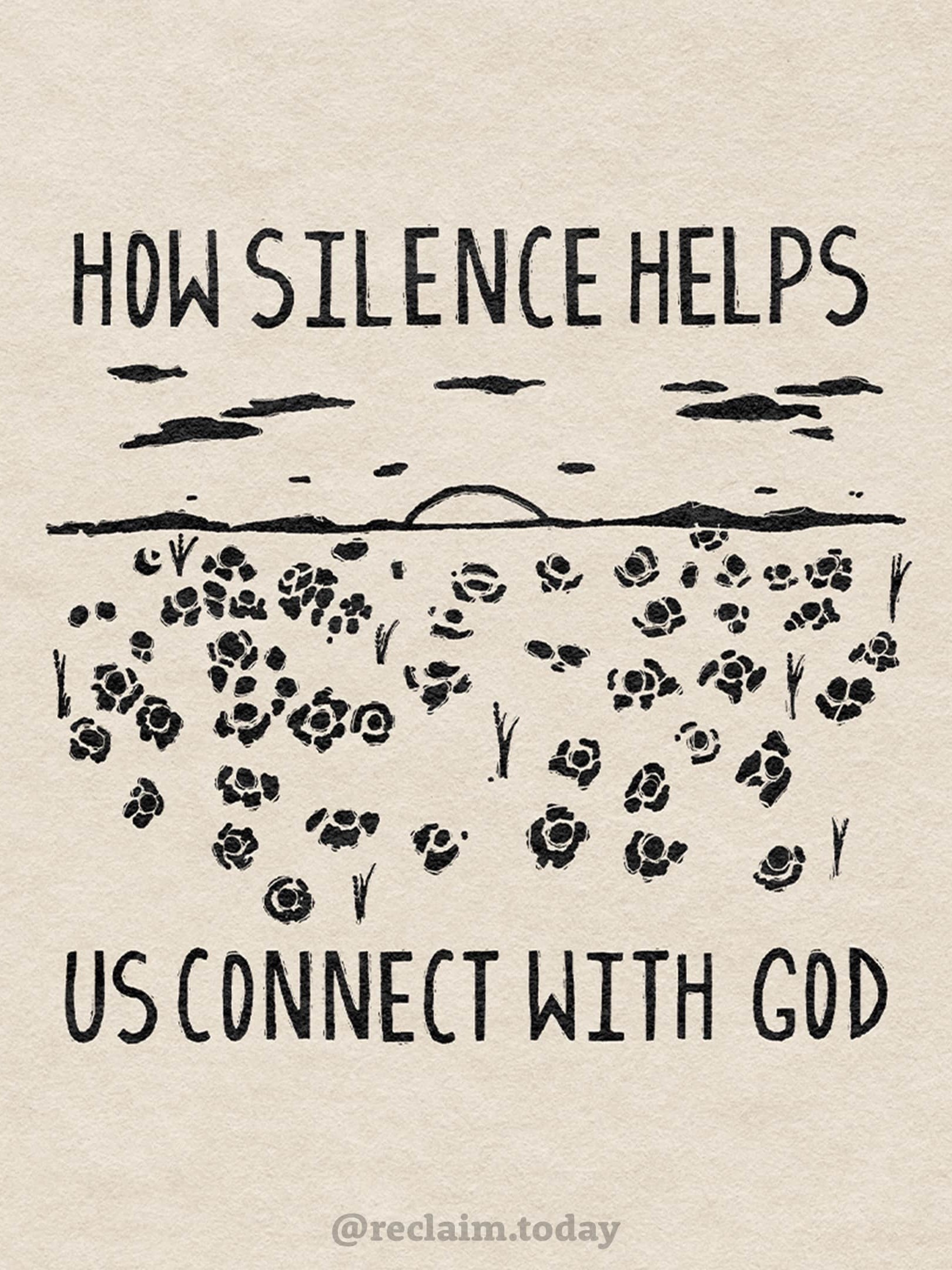Reading the Bible regularly can be one of the most difficult spiritual habits to cultivate. Honestly, it’s been pretty hit or miss for me over the years. Though I know that reading the Bible is one of the most practical ways to meet with God, I haven’t always been consistent. As I have grappled with my desire to read the Scriptures more, I’ve worked through a few questions that have helped me immensely. This process has changed my Bible-reading time, and I pray it does yours as well.
I’m going to ask a few questions throughout this article—let’s not shy away from them. Let’s sit and ponder them, resist the urge to parrot Sunday-school answers, and be honest with ourselves and God.
How do you view the Bible?
I’ve been in church for over half my life and have picked up a lot of the church lingo. I have enough of the Bible memorized that I can easily fall into the trap of believing that I don’t need to spend dedicated time pouring over it anymore. If I’m not careful, I can neglect my own time with God. For years, I treated spending time with God like an item to check off my to-do list. And my penchant for seeing his Word as a task really impacted my relationship with him.
A few years ago, my pastor said, “The Bible is like a love letter, not a syllabus.” He emphasized that God wrote about his outrageous, overpowering, and all-consuming love for us in the Bible. I awkwardly sat in my chair, thinking that I would rather have the syllabus instead. A syllabus is easy—you know exactly where you stand and how you can achieve what you want. If I had a syllabus, I would know what I have to do to succeed. I had no earthly idea what to do with a love story.
So my question for you is: how do you view the Bible?
What does your view of the Bible reveal?
That comparison of the syllabus and the love letter exposed the fact that I had been building my relationship with God based on my definition of success without even realizing it. I struggled to believe that God could love me as is, so I didn’t want to read his love story—I wanted to work my way into his love instead.
Once I understood my motivations, I was able to bring those to God. I invited him to fix my unhealthy thought patterns that convince me I’m only worth what I do and that I can’t be loved by him as is. My incorrect view of the Bible revealed that I was holding onto some faulty beliefs about God and myself. I realized that my view of the Bible was a symptom, not the root problem.
Our view of the Bible often reveals what we believe about God and what we believe about ourselves.
How does your view of the Bible reflect what you believe about God?
What does it reveal about what you believe about you?
What season are you in?
I believe that God speaks to us differently in different seasons of our lives. God will always use Scripture to guide us, but the details might look different from season to season. What might have been life-giving and freeing in the past may feel stressful or restrictive now—and that’s okay.
Earlier this year, I focused on devotionals and Bible reading plans in the YouVersion Bible app. It was incredibly life-giving to follow the guided readings from seasoned pastors and theologians. I needed the structure. The accountability of tracking my progress encouraged me to keep going. These plans acted as guardrails, and following them gave me peace. The structure primed my heart to glean truth from Scripture.
One day, that life-giving process started to stress me out. Having someone lay out exactly what I was to read that particular day started to feel restrictive. Reading through these plans started to feel like a chore. So I put down my phone and went back to my physical Bible.
In this season, I feel like God is challenging me to practically live out the principles in the Bible. I keep feeling this almost magnetic pull to the minor prophets like Micah or Amos, and the New Testament books of Luke and Acts. Some days I’ll make my way into Ephesians or Philippians or another epistle, but I almost always return back to the prophetic books.
What season are you in right now?
If you’re unsure, here’s a question that might help you figure it out:
- What feels life-giving?
- Reading on your phone or in your physical Bible? Or listening to the Bible?
- Focused reading (like a devotional or reading plan) or prayerfully asking the Spirit what book to read today?
- Do you need to be challenged? Or encouraged? Or something else?
- Are there any books of the Bible or verses that address what you have been praying about? Consider spending extended time there.
Sit with these questions and listen to yourself. Do any of the things that I listed give you anxiety? If so, steer clear. Do you feel the prompting of the Holy Spirit? If so, go on an adventure with him—he’s smarter and way more insightful than I am!
If You Still Feel Like You’re in a Bible-Reading Slog
If you have made it this far and still feel drained or overwhelmed, I get it. Thank you for diligently seeking after God. I honor you and your devotion to seeking God in the Bible—even when you don’t feel it. The truth is that sometimes reading the Bible feels like a slog. If you are in that place today, I encourage you to return to a passage that was once life-giving or awe-inspiring to you. Visit a story that reminds you of the radical love and grace of God and sit with that passage. Meditate on what God is saying to you through those verses and ask him how you can apply them to your life.
Remember that God makes himself available to us. In his kindness, he reveals himself. And he delights when we seek after him.
As God spoke to the Israelites through the prophet Jeremiah, “’Then you will call on me and come and pray to me, and I will listen to you. You will seek me and find me when you seek me with all your heart. I will be found by you,’ declares the Lord” Jeremiah 29:12-14a (NIV).
Sarah J Callen is a published author currently living in Dallas, Texas. She believes every number has a name, every name has a story, and every story is worthy of being shared. You can connect with her on her website, sarahjcallen.com or on Twitter and Instagram @sarahjcallen.







